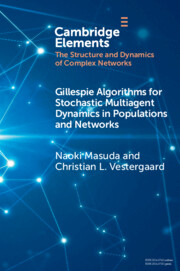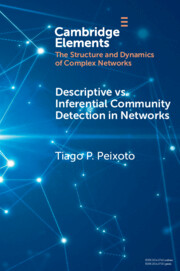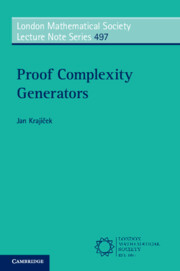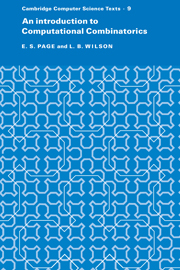Gillespie Algorithms for Stochastic Multiagent Dynamics in Populations and Networks
Many multiagent dynamics can be modeled as a stochastic process in which the agents in the system change their state over time in interaction with each other. The Gillespie algorithms are popular algorithms that exactly simulate such stochastic multiagent dynamics when each state change is driven by a discrete event, the dynamics is defined in continuous time, and the stochastic law of event occurrence is governed by independent Poisson processes. The first main part of this volume provides a tutorial on the Gillespie algorithms focusing on simulation of social multiagent dynamics occurring in populations and networks. The authors clarify why one should use the continuous-time models and the Gillespie algorithms in many cases, instead of easier-to-understand discrete-time models. The remainder of the Element reviews recent extensions of the Gillespie algorithms aiming to add more reality to the model (i.e., non-Poissonian cases) or to speed up the simulations. This title is also available as open access on Cambridge Core.
- This title is also available as open access on Cambridge Core
Product details
January 2023Paperback
9781009239141
106 pages
228 × 151 × 6 mm
0.17kg
Available
Table of Contents
- 1. Introduction
- 2. Preliminaries
- 3. Classic Gillespie Algorithms
- 4. Computational Complexity and Efficient Implementations
- 5. Gillespie Algorithms for Temporal Networks and Non-Poissonian Jump Processes
- 6. Conclusions
- References.







